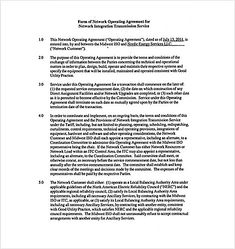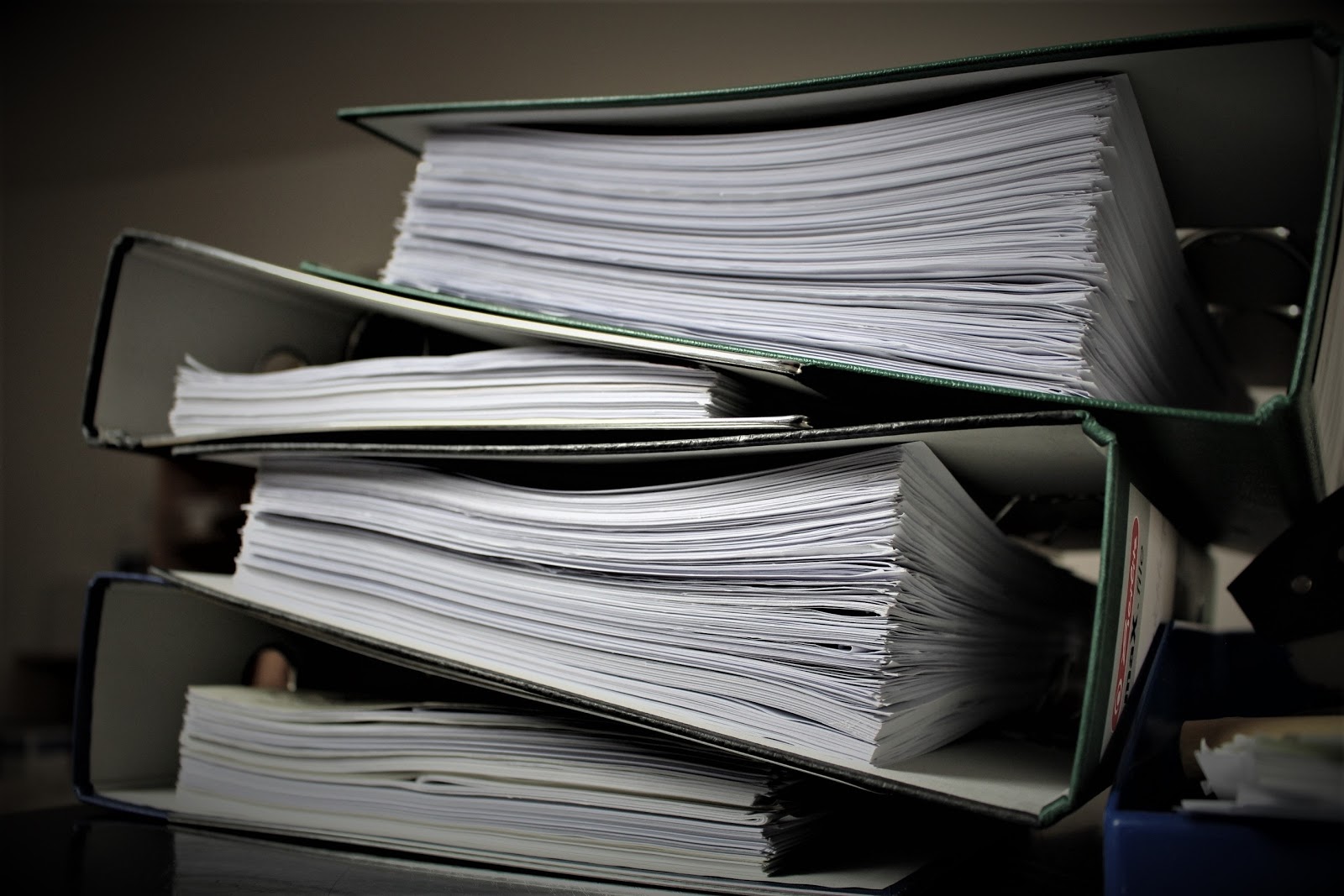How Long to Keep Business Paperwork: Essential Guide

Welcome to your essential guide on how long to keep business paperwork. Keeping the right documents for the right duration is not only crucial for managing your business effectively but also for compliance with laws and regulations. This guide will help you understand which business records you need to retain, how long you should keep them, and why each document is essential.
Why Retention of Business Documents Matters

Before diving into the specifics, let's discuss why document retention is important:
- Legal Requirements: Many jurisdictions have laws specifying the minimum period for which certain business records must be kept.
- Tax Audits: The IRS, for instance, can audit up to six years from the date of filing or three years from the date of payment, whichever is later.
- Business Insight: Keeping financial records allows for historical analysis, benchmarking, and strategic decision making.
- Dispute Resolution: Documentation can be vital in resolving disputes with clients, suppliers, or legal entities.

How Long to Keep Business Paperwork: A Detailed Breakdown

Here’s an overview of common business records and their recommended retention periods:
| Document Type | Retention Period | Reason |
|---|---|---|
| Income Tax Returns | Forever | Keep all federal income tax returns forever as they're crucial for long-term financial planning and legal protection. |
| Receipts for Expense Deductions | 7 Years | The IRS can audit up to six years if they suspect underreported income, and you need proof for tax deductions. |
| Bank Statements | 7 Years | For potential audits and to reconcile discrepancies in financial records. |
| Payroll Records | 4 Years | Required by the Fair Labor Standards Act; useful for labor disputes or investigations. |
| Corporate Documents (Articles of Incorporation, Bylaws, etc.) | Forever | These are critical for business continuity, legal recognition, and potential corporate restructuring. |
| Insurance Policies | 5 Years | To maintain historical records of coverage and premiums paid. |
| Contracts & Leases | Forever | For reference, amendments, renewals, or legal enforcement. |
| Employee Records | Varies |
|

📝 Note: Always consult with your accountant or legal advisor to ensure compliance with local regulations, as they might differ.
Specific Document Retention Tips

Income Tax Returns and Related Documents

Keep these documents forever to:
- Track your company's growth and financial health over time.
- Defend against legal issues or claims.
- Use as a reference for tax planning and historical analysis.

Expense Receipts

Retain receipts for at least seven years to substantiate business deductions if audited. Here are some tips:
- Store them digitally where possible to save space.
- Categorize them by expense type for easier reference.
Bank Statements

These are helpful for reconciling accounts and understanding cash flow. Keep:
- Monthly statements for 7 years.
- Year-end statements and tax-related documents forever.
Payroll and Employment Records

The retention of these documents helps with:
- Complying with labor laws.
- Addressing potential disputes regarding employment history or wages.
- Calculating and justifying retirement benefits.
📝 Note: Employment records related to workplace injuries should be kept indefinitely.
Ensuring Document Preservation

Here are strategies to ensure your documents are kept securely:
- Digitization: Scan documents and store them on secure cloud storage for quick access and redundancy.
- Secure Physical Storage: Use fireproof safes or off-site storage for sensitive or hard-to-digitize documents.
- Regular Backups: Schedule regular backups to prevent data loss.
- Confidential Shredding: When it’s time to dispose of documents, shred them to prevent identity theft or misuse.

📝 Note: Always back up digital documents to avoid losing valuable business records in case of data corruption or loss.
In summary, maintaining an effective document retention policy is not just about compliance or preparing for audits, it’s about understanding your business's past to plan for the future. Keeping the right documents for the right amount of time helps you navigate legal waters, manage finances, and make informed strategic decisions. The guidelines outlined in this post will help you keep your business paperwork in order and ready for any need that arises. From tax returns to employee records, each document plays a crucial role in your business's health and longevity.
How long should I keep personal tax returns?

+
It’s generally recommended to keep personal tax returns indefinitely for your own records, tax planning, and in case of audits or legal issues.
What should I do with documents that I no longer need to keep?

+
Once the retention period has passed, documents containing sensitive information should be shredded or securely destroyed to prevent identity theft or misuse.
Can electronic records suffice for the IRS?

+
Yes, the IRS accepts electronic records as long as they can be retrieved and presented in a readable format upon request during an audit.
Are there any exceptions to the standard retention periods?

+
Yes, exceptions might apply based on specific circumstances, such as ongoing litigation, legal requirements, or unique business practices that necessitate longer retention periods.
How should I organize my business documents for easy access?

+
Consider using a document management system or cloud storage solutions, categorizing documents by type, year, and relevance. Labeling and indexing can help in efficient retrieval.